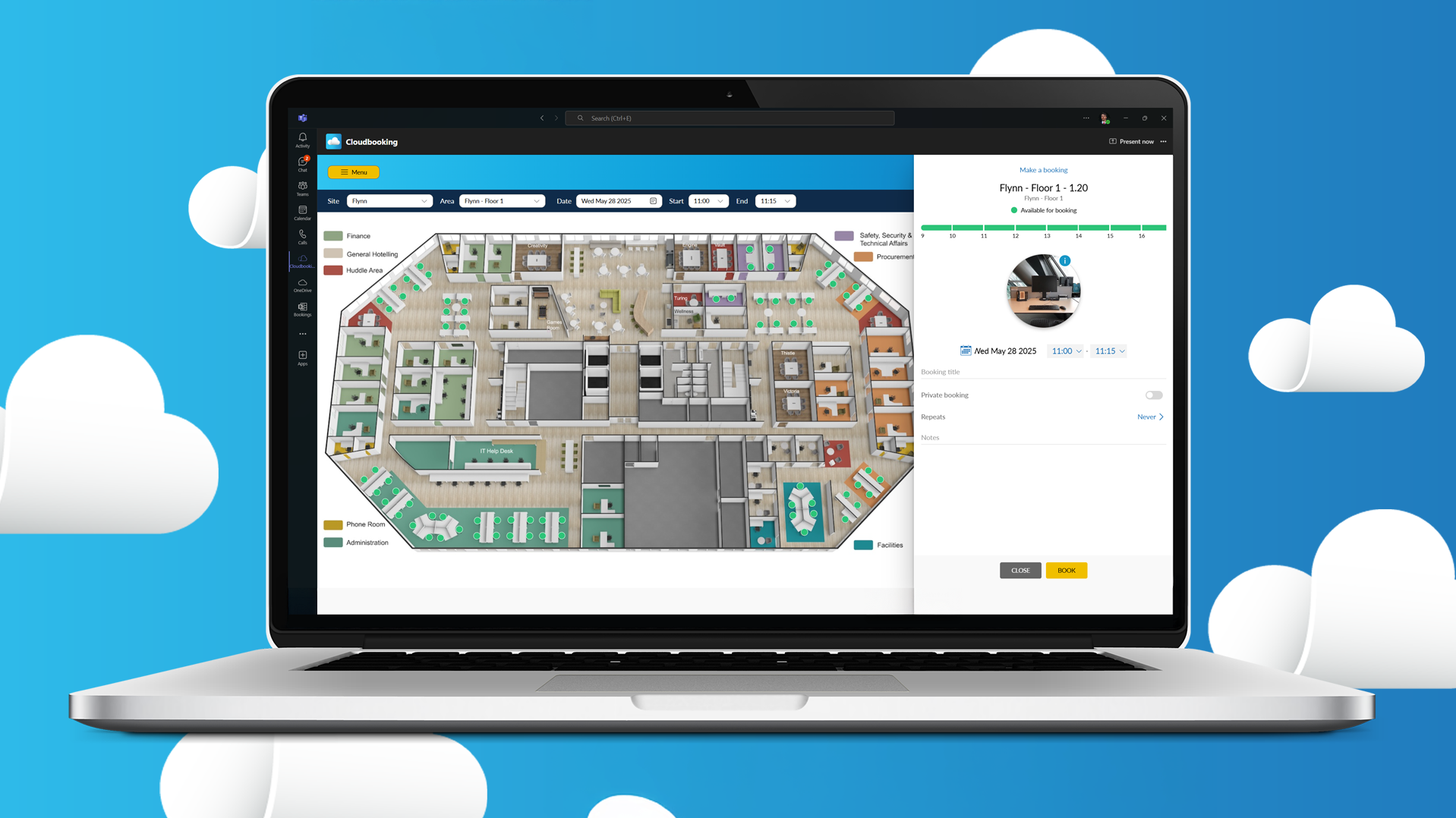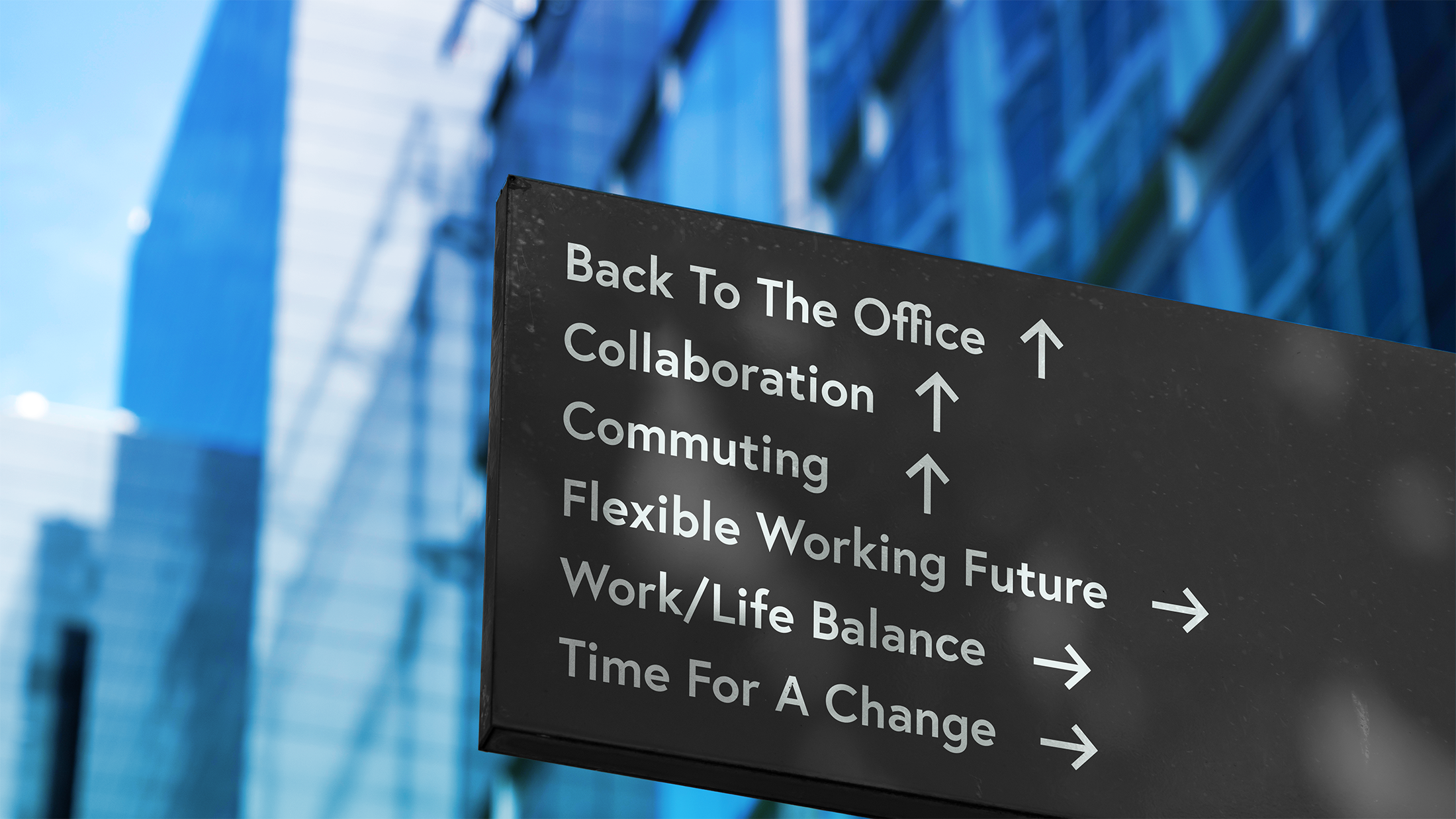
Over recent years, the landscape of work has transformed. It has been unclear for some time, whether flexible and remote working are here to stay, however many employers are now championing the call for flexible working agreements (FWA). In fact, there’s been a notable surge in the number of employers providing a ‘day one’ right to request flexible working. An astounding 37% of businesses have reported an uptick in FW requests in the last six months.
This drive towards flexibility isn’t just a fleeting trend. A significant 56% of organisations identify the importance of advertising jobs with a flexible working option. This isn’t merely about staying in vogue; it’s a strategic move. Businesses are recognising that offering flexible working is a potent tool to allure potential candidates and tackle existing skill or labour gaps.
The pandemic played a defining role in reshaping our work lives. Now, 42% of organisations are expressing a greater willingness to approve flexible working requests, even beyond the typical ‘work from home’ model, compared to the pre-pandemic era.
Related Reading: Cloudbooking Introduces New Workplace Solution Bundles for Micro and Small-Sized Businesses
Flexible Working and Its Impact on the Modern Employee
Steering our focus towards the workforce, over half, specifically 51%, of employees acknowledge having flexible working arrangements in their present roles. The ripple effect of this is evident. Those equipped with such arrangements are noticeably more content in multiple work-related domains, including their work-life balance, control over their tasks, overall job satisfaction, and their relationship with their line managers.
Interestingly, the nature of these flexible arrangements varies. While 45% of employees with an FWA view their arrangement as informal, only a quarter see it as formal. Additionally, 28% enjoy a mix of both. It’s this blend of formal and informal FWA that seems to be the magic recipe, with these employees reporting greater satisfaction across several work-related aspects.
Diversification in Flexible Working Models
The types of flexible working models are diversifying too. Currently, 57% of organisations report employees working from home routinely, and 38% are embracing flexitime. Plans reflect an inclination to further broaden these arrangements, with 46% planning on regular home working, 37% looking towards flexitime, and 25% considering full-time home working.
Given a choice, many employees express a desire for flexitime (42%), followed by regular or ad hoc home working (40%), informal flexibility (38%), and compressed hours (32%).
However, there remains a section of the workforce feeling the pinch of inflexibility. 4% have left jobs in the past year due to inadequate flexible working provisions, and 9% have pivoted their careers entirely, seeking sectors offering better flexibility.
Hybrid Working: The New Normal?
Hybrid working models, a blend of in-office and remote working, have been steadily gaining traction. Post-pandemic data reveals that 46% of employees have predominantly worked from home, whereas 37% haven’t experienced remote working at all. However, organisations anticipate 21% of their workforce to fully transition to home-based roles, and 40% to engage in regular remote working.
Productivity in the Hybrid World
One of the silver linings of this shift towards home and hybrid working has been the marked improvement in productivity. Organisations are feeling this positive change, with 41% attributing increased productivity to the hybrid working model. Likewise, 43% of the corporate spectrum believe their employees demonstrate heightened productivity when operating from home or in a hybrid manner.
Investment in the Hybrid Future
Preparation for the hybrid future is in full swing. A notable 39% of organisations are strategising further measures or investments to facilitate increased hybrid working in the upcoming 6-12 months. Key areas of focus include enhanced tech quality (54%), revising organisational policies to favour remote working (53%), and bolstering online support for managers supervising remote teams (52%).
Related Reading: The Simple Guide to Hot Desking Systems
In Summary
The modern workplace is evolving, with hybrid and flexible working models becoming increasingly prevalent. Businesses are recognising the myriad benefits, from attracting top talent to boosting productivity. As we navigate the future, it’s evident that these working models aren’t just a temporary reaction to global events but are poised to define the future of work. With organisations like Cloudbooking at the forefront, the transition to this new era of work promises to be seamless and efficient.
All statistics from An Update On Flexible And Hybrid Working Practices, CIPD.
Facing challenges in optimising your workspace? Connect with the specialists at Cloudbooking. Let’s enhance your workplace environment hand in hand!


